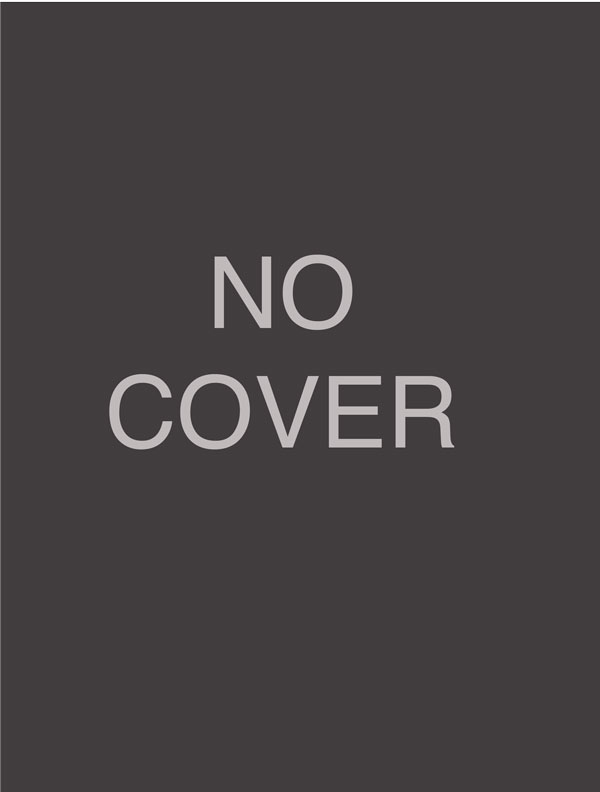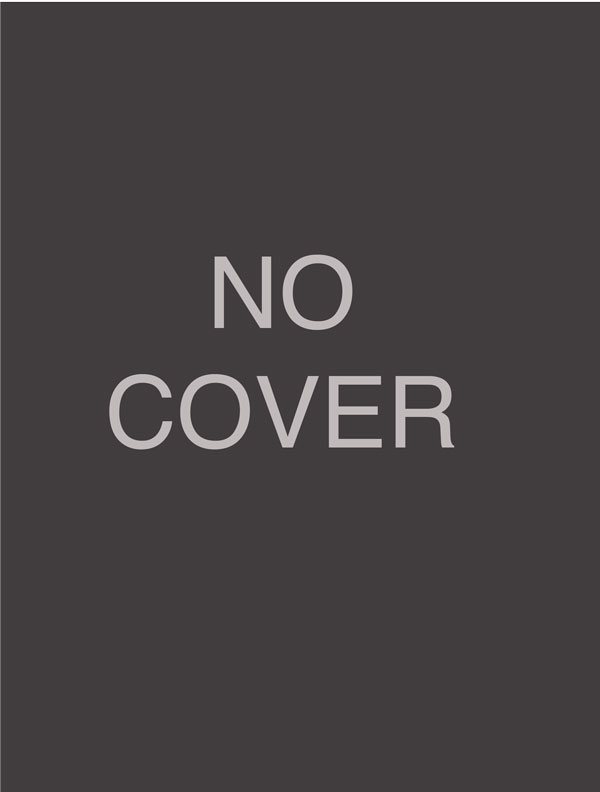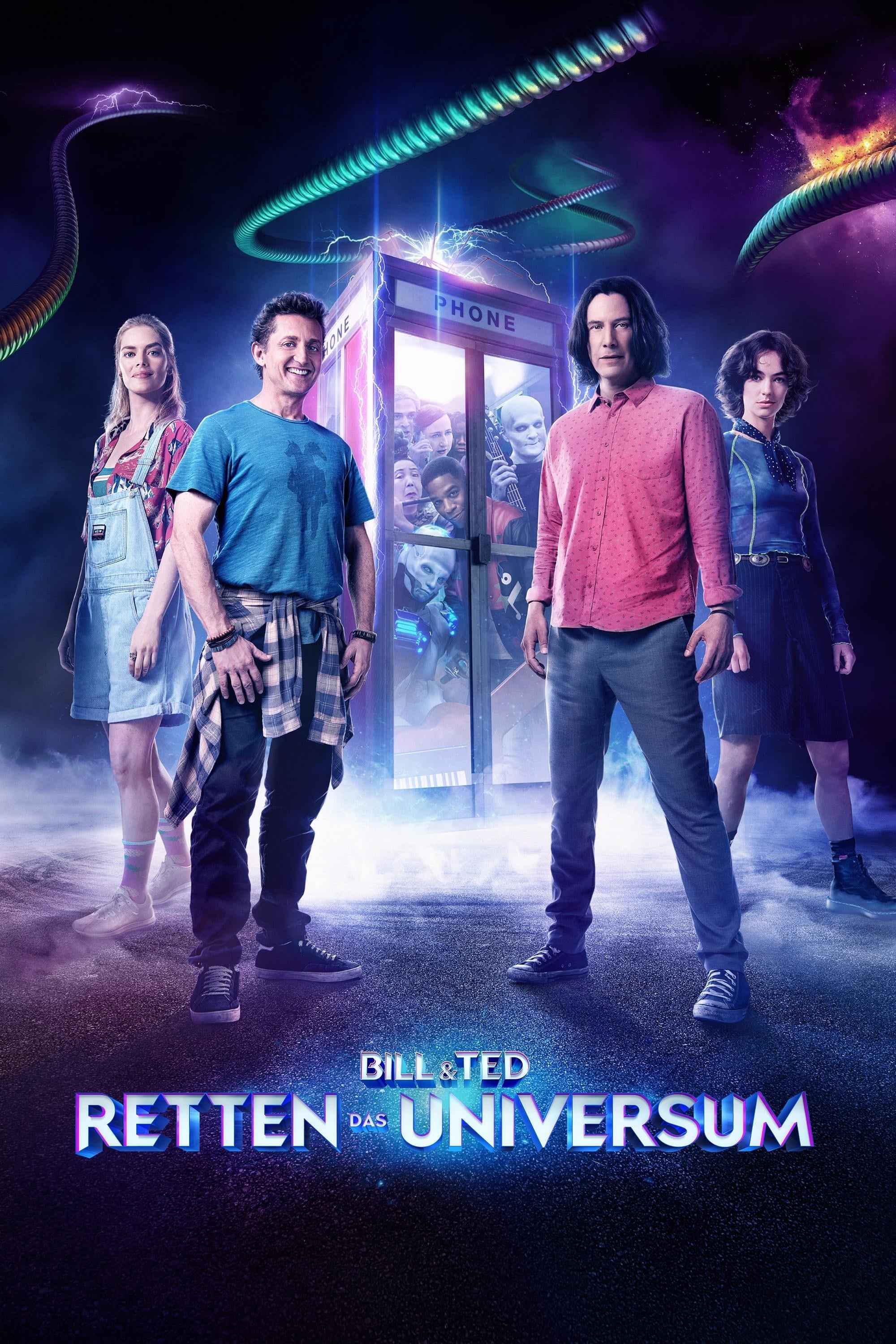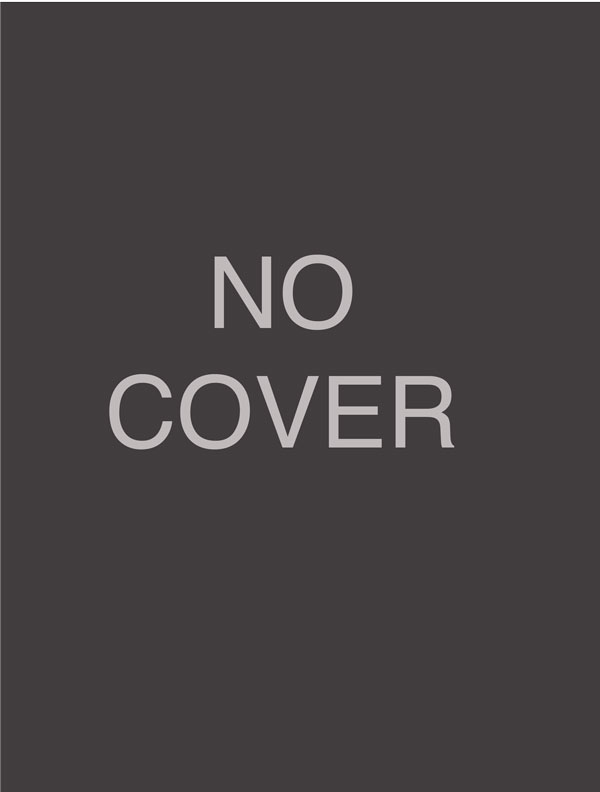![Christian Tarabbia - The Legacy of Johann Sebastian Bach (2022) [FLAC 24bit/96kHz] Download](https://imghd.xyz/images/2022/07/27/rh9pytr7egzyb_600.jpg)
Christian Tarabbia – The Legacy of Johann Sebastian Bach (2022)
FLAC (tracks) 24 bit/96 kHz | Time – 01:07:48 minutes | 1,17 GB | Genre: Classical
Studio Masters, Official Digital Download | Front Cover | © Da Vinci Classics
On March 11th, 1829, a barely twenty-years old Felix Mendelssohn conducted the performance of the St. Matthew Passion at the Berlin Singakademie. That event certainly ushered in the modern awareness about Bach’s role in the history of European music; with that awareness came the familiarity with the entirety of his output. However, the name “Bach” had been by no means erased after the interruption represented by the composer’s death, which had happened on July 28th, 1750, four months after his 65th birthday. Quite the contrary: Bach’s teachings had continued to act seamlessly on the following two younger generations, and, through them, well into the nineteenth century. This action had happened essentially within a field which had overshadowed all other areas of Bach’s prodigious and multifaceted oeuvre, i.e. in the field of keyboard music. It sounds natural that Bach – who was at first known as an organ and harpsichord virtuoso, before becoming much more than this – left first and foremost this heritage. It is distant from the colourful writing of his Concertos and Cantatas, deploying sometimes conspicuous instrumental and vocal forces. It is not by chance that the fundamental Nekrolog (Obituary) published by Bach’s student Johann Friedrich Agricola and by his son Carl Philipp Emanuel in 1754 opens by presenting Bach firstly as a “world-famous organist” (“im Orgelspielen Weltberühmte”): this is an irrefutable proof of how the composer’s figure appeared in the eyes of those closest to him.Bach’s legacy, then, consists in the first instance of his continuation of a centuries-old tradition of forms and techniques, bound to the language of strict counterpoint and to the heritage of the liturgical Chorale. Throughout half a century (i.e. exactly the first half of the eighteenth century), Bach had raised that tradition to hitherto unconceivable pinnacles, passing the baton to his younger colleagues. The object of this recording is found precisely in this “passing of the baton”, by offering a portrait of Bach’s legacy made of a mosaic with fourteen tiles (as is well known, fourteen corresponds to the name of Bach, if one associates a digit to each letter: 2+1+3+8). Seven composers (i.e. one half of fourteen…) surround the composer; they belonged in his closest circle (pupils, acquaintances, sons – of course, numbering the sons among the pupils). For this reason, they could directly benefit from Bach’s teachings, but also eternalize them and transmit them during most of the century. Looking from above, the collection of works in this CD programme is crossed by two contrasting currents, which enliven it in terms of forms and styles, and fully display its polychrome richness. First of all, the programme breathes with both lungs of Bach’s organ output and of that of Protestant Germany: these are the free forms and the Chorale elaborations, grounded on the liturgical hymnody of the Kirchenlied, at the heart of Lutheran worship. These forms were the daily bread of coeval musical consumption, and an occasion for displaying in depth one’s skill in terms of variation and improvisation. They are naturally innervated by the language of counterpoint: through the rigour of stylistic requirements, it marks the works with the seal of an authoritative order. From the other side, the stylistic variety of an anthology comprising composers born within the space of thirty years is remarkable. Even notwithstanding their age, they all remained more or less close to Bach’s teachings, although they frequently tempered their master’s style with the language of the style galante, which had by then stably conquered the musical imagination of the entire continent.
Tracklist:
1-1. Christian Tarabbia – Contrapunctus I from “Die Kunst der Fuge” in D Minor, BWV 1080 (04:01)
1-2. Christian Tarabbia – Vor deinen Thron tret ich hiermit in G Major, BWV 668 (04:49)
1-3. Christian Tarabbia – 32 Chorale Preludes in C Major, HoWV VIII.30: No. 29, Dies sind die heilgen zehn Gebot (04:53)
1-4. Christian Tarabbia – 32 Chorale Preludes in F Major, HoWV VIII.17: No. 16, Schmücke dich o liebe Seele (02:51)
1-5. Christian Tarabbia – Sonata in G Minor, Wq 70/6, H 87: I. Allegro moderato (04:29)
1-6. Christian Tarabbia – Sonata in G Minor, Wq 70/6, H 87: II. Adagio (04:04)
1-7. Christian Tarabbia – Sonata in G Minor, Wq 70/6, H 87: III. Allegro (04:58)
1-8. Christian Tarabbia – Praeludium pro Organo pleno con Pedale obligato in G Minor (03:12)
1-9. Christian Tarabbia – Chromatic Fugue on BACH in F Major, W.YA 50 (06:04)
1-10. Christian Tarabbia – Chorale Preludes, F. 38: II. 1. Christe, der du bist Tag und Licht (02:45)
1-11. Christian Tarabbia – Huit fugues sans pédale in C Major, F. 31: No. 1 (01:33)
1-12. Christian Tarabbia – Huit fugues sans pédale in C Minor, F. 31: No. 2 (02:03)
1-13. Christian Tarabbia – Preludio pro Organo pleno in A Minor (03:45)
1-14. Christian Tarabbia – Wie schön leuchtet der Morgenstern, Krebs-WV 552 (05:00)
1-15. Christian Tarabbia – Fantasia à gusto italiano, Krebs-WV 422 (03:46)
1-16. Christian Tarabbia – Prelude and Fugue in C Major, Krebs-WV 400: I. Prelude (04:12)
1-17. Christian Tarabbia – Prelude and Fugue in C Major, Krebs-WV 400: II. Fugue (05:13)
Download:
mqs.link_ChristianTarabbiaTheLegacy0fJ0hannSebastianBach20222496.part1
mqs.link_ChristianTarabbiaTheLegacy0fJ0hannSebastianBach20222496.part2





